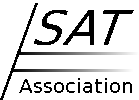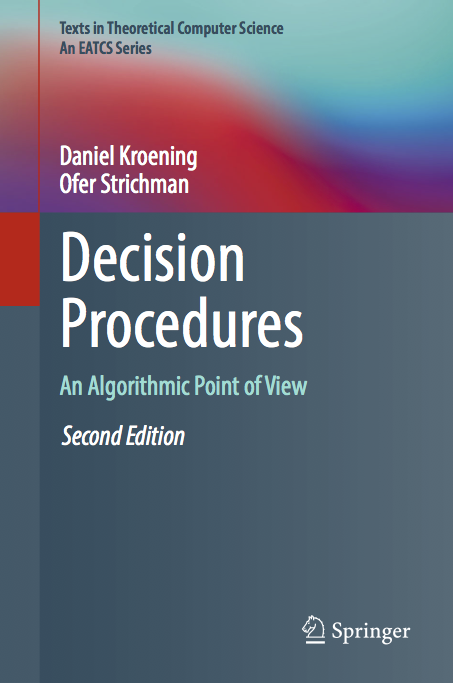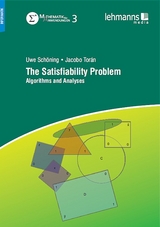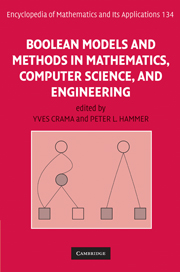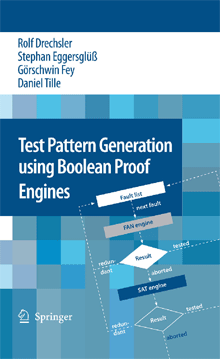VCLA International Student Awards
The Vienna Center for Logic and Algorithms calls for the nomination of authors of outstanding scientific works in the field of Logic and Computer Science, for the following awards:
-
Outstanding Master Thesis Award (thesis for obtaining a Masters degree or equivalent)
-
Outstanding Undergraduate Research Award (thesis or final project for obtaining a Bachelors degree or equivalent)
In both categories, the work must make an original contribution to a research field that can be classified as part of Logic in Computer Science, with focus on databases and artificial intelligence, verification, and computational logic.
The degree must have been awarded no earlier than November 1st, 2012. Students that obtained the degree at the Vienna University of Technology are excluded from nomination.
The committee will select a winner for each category. The winners will be invited to Vienna to present their project and participate in a festive award ceremony. Additionally, the Outstanding Master Thesis Award category is accompanied by a prize of 1,200 Eur, and the Outstanding Undergraduate Research Award by a prize of 800 Eur. The decisions of the committee are not appealable.
For more information, please see http://logic-cs.at/award/
IMPORTANT DATES
Nomination deadline: November 15, 2014 (AoE) Notification of decision: Mid January 2015 Award ceremony: Spring 2015 (precise date to be announced)
TOPICS OF INTEREST
Both awards recognize the author of an original contribution to a research field that can be classified as part of Logic in Computer Science, understood broadly as the use of logic as a tool that enables computer programs to reason about the world.
The main areas of interest are:
-
Databases and artificial intelligence, including subjects like answer-set programming and Datalog, query languages based on logical concepts (such as SQL, current XML-based languages), optimization of queries, novel database-theoretical methods (like schema mappings, information integration, querying ontologies), logic programming, description logics, knowledge representation and reasoning (belief change, abductive reasoning, multi-context systems, inconsistency handling, incomplete knowledge, diagnosis), and AI formalisms (argumentation, planning, preferential reasoning, decision support systems).
-
Verification, concerned with logical methods and automated tools for reasoning about the behavior and correctness of complex state-based systems such as software and hardware designs as well as hybrid systems. It ranges from model checking, program analysis and abstraction to new interdisciplinary areas such as fault localization, program repair, program synthesis, and the analysis of biological systems.
-
Computational logic, covering theoretical and mathematical foundations such as proof theory (cut elimination, proof mining, interpolants), automated deduction (resolution, refutation, theorem proving), non-classical logics (multi-valued logics, juridical reasoning, deontic logics, modal and temporal logics), computational complexity (complexity analysis, parameterized complexity, decomposition methods) and constraint satisfaction (SAT, QSAT, CSP).
NOMINATION INSTRUCTIONS
Nominations must include:
-
A cover page with the name and contact details of the nominated person, the title of the work for which the person is being nominated, category, date on which the degree was awarded (or if not applicable, the date on which the work was submitted), and name of the university.
-
An English summary of the thesis or project of maximum 3 pages, excluding references (A4 or letter page size, 11pt font min.). The summary must clearly state the main contribution of the work, its novelty, and its relevance to some of the aforementioned areas of interest.
-
CV of the nominated person, including publication list (if applicable)
-
An endorsement letter from a supervisor or another endorsing person, preferably affiliated to the university to which the work was submitted. The letter must clearly state what was the independent and novel contribution done by the student and why the endorser believes the student deserves the award.
-
The full thesis/project
All documents should be in English, with the exception of the thesis or project. In case the thesis or project is in a different language, it must be accompanied by a research report in English with a maximum length of 12 pages excluding references (A4 or letter page size, 11pt font min.). This report should be sufficient for the committee to evaluate the merit and quality of the submitted work. In case such a report is provided, the 3-page summary is optional.
Nominations should be submitted electronically via EasyChair:
https://easychair.org/conferences/?conf=vcla2014
All documents except the full thesis should be combined (in the order they are listed) into a single pdf file, to be submitted as “paper” in Easychair. The full thesis should be submitted as attachment.
The submission must be accompanied by a plain text electronic abstract of the thesis or project of at most 400 words, and three keywords.
The nominated student must always be listed as first and corresponding author in the Easychair form. The supervisor or endorser may optionally be included as second author (for example, in case (s)he does the electronic submission).
AWARD COMMITTEE
- Ezio Bartocci
- Simone Bova
- Michael Fink
- Robert Ganian
- Igor Konnov
- Tomer Kotek
- Roman Kuznets
- Magdalena Ortiz (chair)
- Revantha Ramanayake
- Mantas Simkus
- Daniel Weller
- Florian Zuleger
